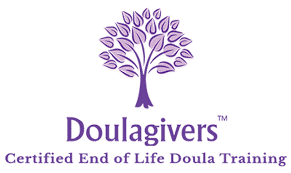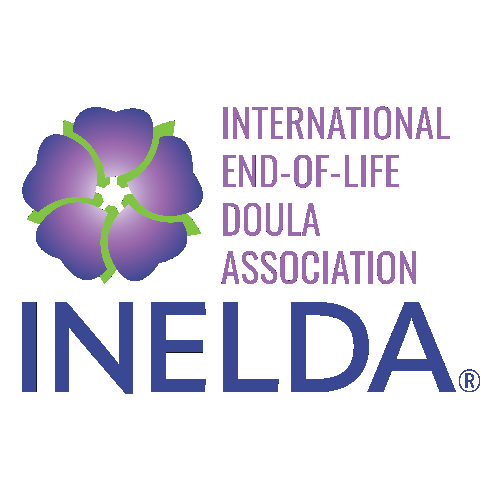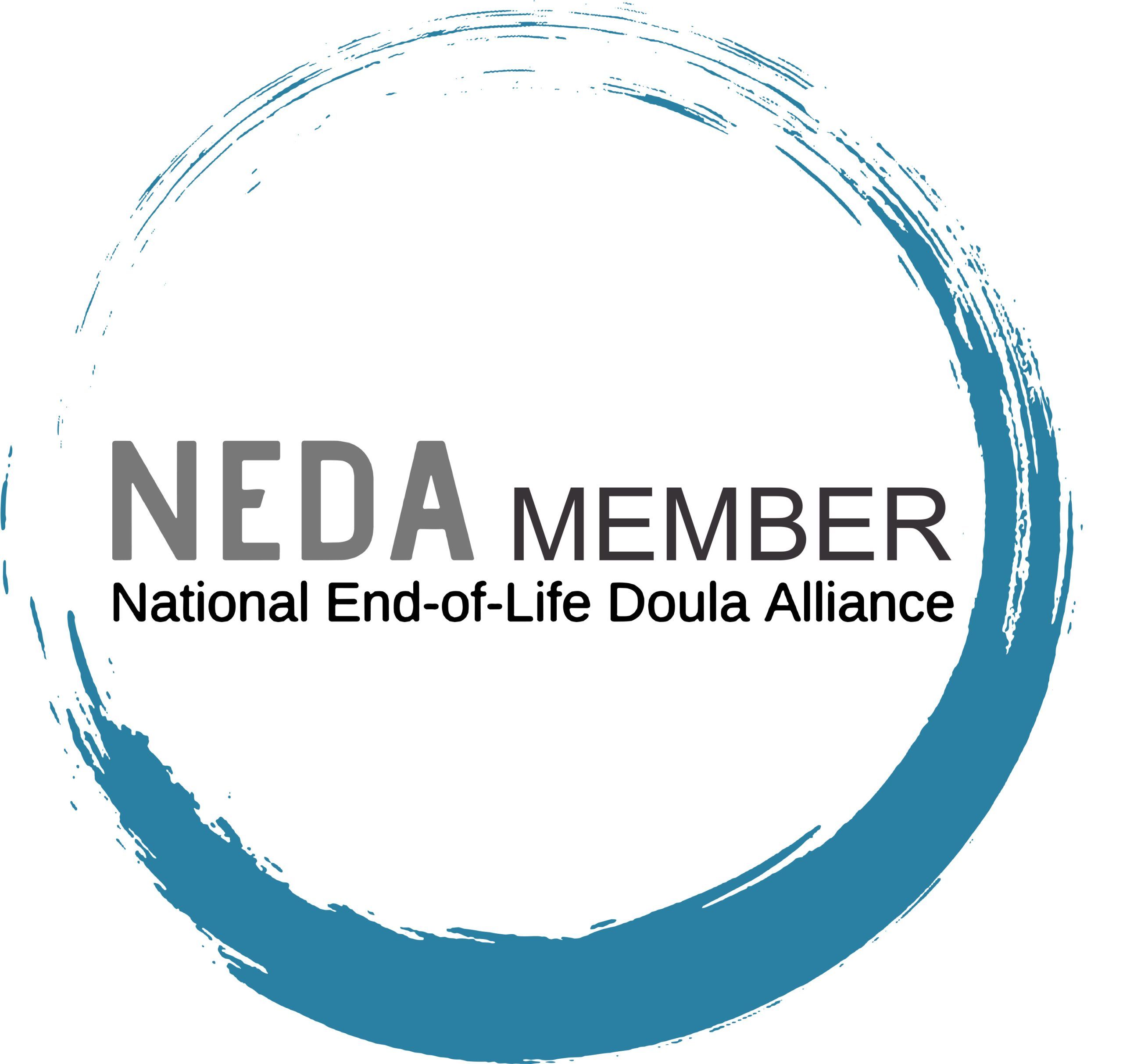What are Doulas?
An End -of -Life Doula may seem like a new or progressive idea, but they are as old as death itself. In many cultures throughout history, mental, spiritual, physical and emotional support have been a fundamental part of the transition to death.
End of Life Doulas, or EOLDs also called Death Doulas or Death Midwives, enrich the dying experience for patients, family members and friends, while strengthening the relationship between medical (the doctors, nurses, social workers) and non-medical support (the family or caretakers). We are trained professionals who provide assistance and guidance with holistic services to individuals and their families during transformative life changes.

January 16, 2023 / Family Medicine
What an End-of-Life Doula Can Do for You
Sometimes, you need help navigating your grief and the dying process…
Read More: What an End-of-Life Doula Can Do for You by the Cleveland Clinic
Doula-client relationships engage the difficult and complex emotions while navigating the signs and symptoms of the dying process. An end -of- life care team is made up of multiple different professionals ranging from doctors, nurses, social workers, and End of Life Doulas to foster a culture of equity in order to facilitate a good death. We strive to be a support system for those who are terminally ill, elderly, or healthy and their families as they plan for their transition. Doulas spend time with families, reinforcing palliative care concepts and providing emotional support. They may assist in advance care planning, coordinating family caregiving, life review (also known as legacy work), vigil planning, respite care and bereavement support. They can also provide additional support of sitting with the family during imminent dying, as well as during high need situations.
SURPRISING FACTS
- FACT: 90% of people say that talking to their family about end-of-life care is important, yet only 27% have actually done it.
- FACT: 60 % of people say that they do not want their family to be burdened by making tough decisions, yet 56% have not communicated their end-of-life wishes.
- FACT: 82% of people say that it is important to put their EOL wishes in writing. Only 23% have done it.
- FACT: 80% of people say that if they were seriously ill, they would want to talk to their doctor about EOL care. 7% have actually done it.
- FACT: Nine out of ten people polled said they want to be kept at home at the end of life, yet half are dying in hospitals, nursing homes and other long-term care facilities.
- FACT: Many people do not know how to care for someone at the end of life. This is a skill that 100 years ago was handed down generation to generation.
- FACT: We need to teach families how to care for their loved ones once again now, before they ever need it.
Death is the number one fear in the world. – BUT IT DOESN’T HAVE TO BE.
Death is something that we all have in common no matter what culture, religion, or socioeconomic status. The vision is to increase the availability and access to high quality education and end of life care for patients and families throughout the world.



© Copyright 2023 Empyrean End of Life. All Rights Reserved.
Website Design and Hosting by Starcresc
